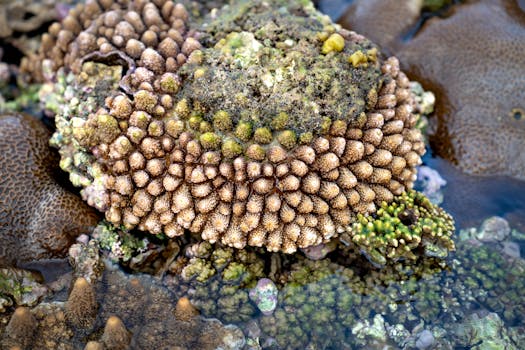
Introduction

The impact of climate change on global ecosystems is profound and far-reaching. As temperatures rise and weather patterns shift, ecosystems around the world are experiencing significant changes. This article delves into the various ways climate change affects ecosystems, from altering habitats to threatening species survival.
Section 1: Changing Habitats

Climate change is altering habitats across the globe. Many ecosystems, such as forests, wetlands, and coral reefs, are sensitive to temperature and precipitation changes. For instance, rising temperatures can lead to forest diebacks, while changes in rainfall patterns can affect wetland health. Additionally, ocean temperatures are rising, impacting coral reefs and the marine species that depend on them.
Section 2: Species Distribution

As habitats change, so too does the distribution of species. Many species are migrating to higher altitudes or latitudes in search of suitable climates. This shift can lead to increased competition for resources, as species that were once separated may now come into contact. Furthermore, some species may not be able to adapt quickly enough, leading to population declines or even extinction.
Section 3: Biodiversity Loss

Biodiversity is crucial for ecosystem resilience, and climate change poses a significant threat to it. As ecosystems change and species migrate, the delicate balance that maintains biodiversity is disrupted. This loss of biodiversity can result in reduced ecosystem services, such as pollination, water purification, and disease regulation, ultimately impacting human well-being.
Conclusion

The impact of climate change on global ecosystems cannot be understated. As we witness changing habitats, shifting species distributions, and a decline in biodiversity, it becomes increasingly clear that immediate action is needed to mitigate these effects. Protecting our ecosystems is vital for maintaining the balance of nature and ensuring a sustainable future for all living beings.




